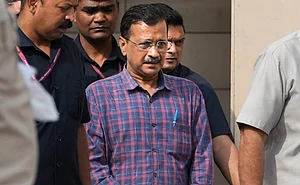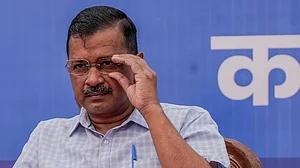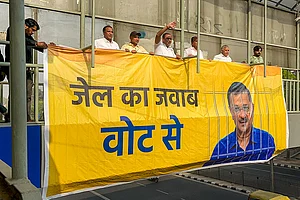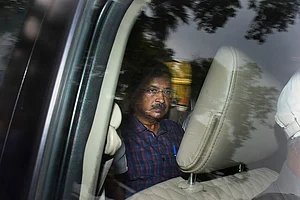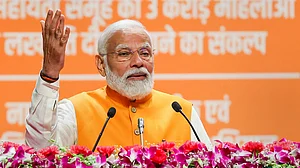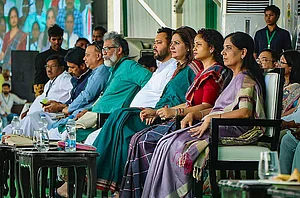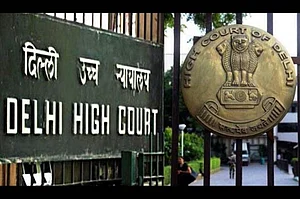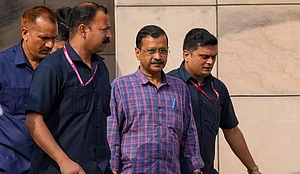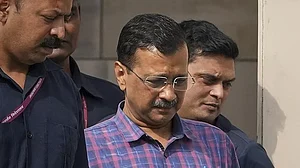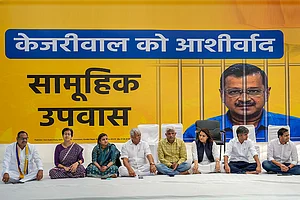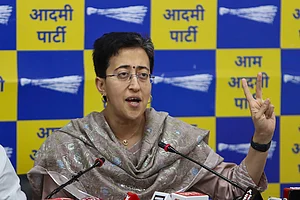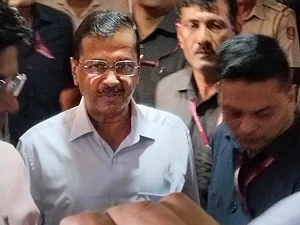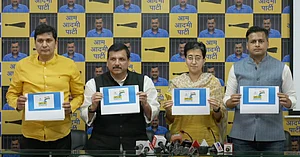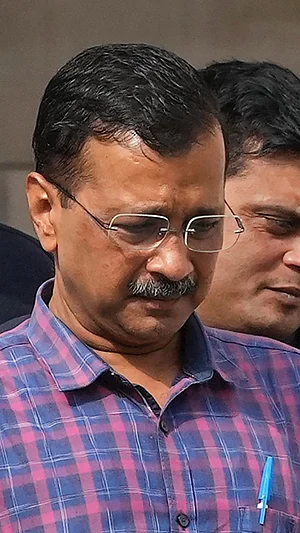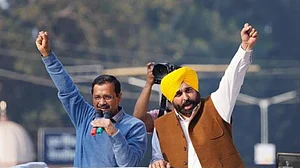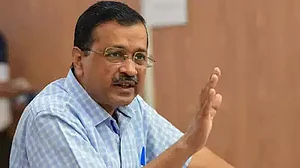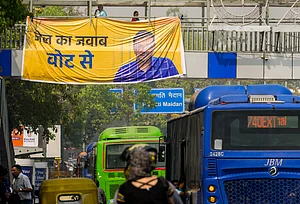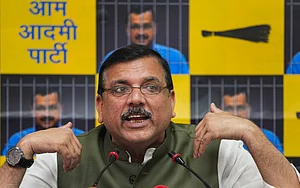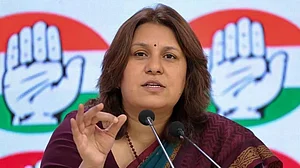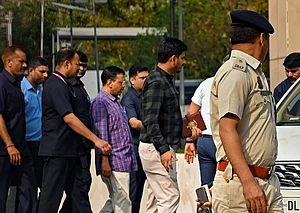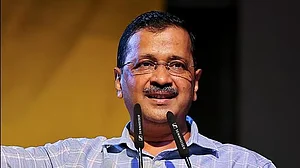
Name: Arvind Kejriwal
Arvind Kejriwal, a name synonymous with reformist politics in India, has transformed from an activist to a significant political figure as the leader of the Aam Aadmi Party (AAP).
Born in Haryana, Kejriwal's academic prowess led him to IIT Kharagpur, where he studied mechanical engineering. After graduating, he joined the Indian Revenue Service as a Joint Commissioner in the Income Tax Department. His tenure in public service was distinguished by a dedication to combatting corruption, which eventually led him to resign and found Parivartan—an NGO focused on assisting citizens in navigating income tax, electricity, and food ration matters. His efforts earned him the prestigious Ramon Magsaysay Award in 2006.
Kejriwal's national prominence arose from his pivotal role in the India Against Corruption (IAC) movement alongside Anna Hazare in 2011—the movement, which advocated for the Jan Lokpal Bill, aimed to instigate sweeping anti-corruption measures. Although the movement was initially successful in raising awareness, it failed to achieve its legislative goals, leading Kejriwal to enter the political arena.
In 2012, Kejriwal established the AAP, a party grounded in principles of clean governance and citizen empowerment. The party's commitment to these principles was tested when Kejriwal became the Chief Minister of Delhi in 2013. Despite resigning after 49 days due to legislative obstacles in passing the Jan Lokpal Bill, his short tenure set the stage for AAP's resounding victory in the 2015 Delhi Assembly elections, where the party won 67 of 70 seats.
AAP's governance model in Delhi has been marked by initiatives in healthcare, education, and utility subsidies, which have been well-received by the public and have established AAP as a formidable force in regional politics. This success was reiterated in the 2020 Delhi Assembly and 2022 municipal elections, where AAP ended BJP's 15-year reign in the Delhi MCD by winning 134 of 250 seats.
Despite these achievements, Kejriwal's leadership faces significant challenges. Prominent AAP leaders like Manish Sisodia and Satyendra Jain have been embroiled in corruption allegations, which could tarnish the party's image. Furthermore, the recent ordinance by the central government to create a National Capital Civil Service Authority could be seen as a move to curtail the powers of the Delhi government, testing AAP's governance capabilities further.
Kejriwal's response to these adversities and his ability to connect with voters amidst controversies surrounding his colleagues will be crucial as AAP positions itself as a central opposition force in the 2024 national elections. His strategy will likely emphasize AAP's governance model, focusing on their successes in improving public services in Delhi while navigating the complexities of national politics.
As India approaches a critical electoral juncture, his supporters and detractors will closely watch Arvind Kejriwal's role. His evolution from an activist to a politician and his administrative acumen positions him uniquely in the Indian political landscape, making him a figure of national significance in the broader discourse on governance and reform.
